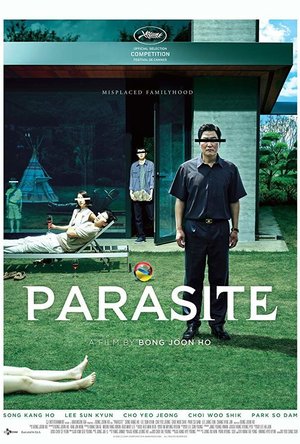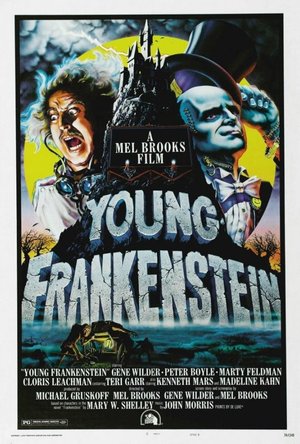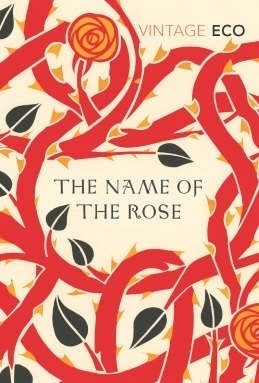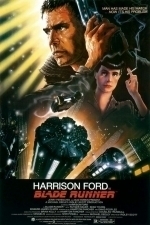The Coen Brothers: Interviews
Book
Joel and Ethan Coen (b. 1954, 1957) started their careers in obscurity on a shoestring budget...
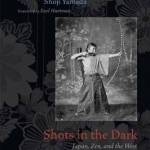
Shots in the Dark: Japan, Zen, and the West
Book
In the years after Wrold War II, Westerners and Japanese alike elevated Zen to the quintessence of...
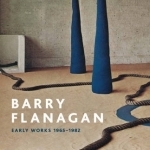
Barry Flanagan: Early Works 1965 - 1982
Clarrie Wallis, Andrew Wilson and Jo Melvin
Book
The sculptor Barry Flanagan (1941-2009) was best known for his bronze hare sculptures that walk,...
How to Destroy a City, and Other Special Effects: Inspiration from the SFX Greats to Make Movies on Your Phone
Book
This book delves into some of the greatest innovations in practical and digital effects seen on...
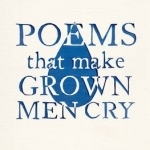
Poems That Make Grown Men Cry: 100 Men on the Words That Move Them
Book
In this fascinating anthology, one hundred men - distinguished in literature and film, science and...
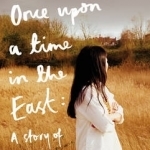
Once Upon A Time in the East: A Story of Growing Up
Book
Xiaolu Guo meets her parents for the first time when she is almost seven. They are strangers to her....
Catherine Hardwicke recommended Parasite (2019) in Movies (curated)
Rob Zombie recommended Young Frankenstein (1974) in Movies (curated)
Felipe (17 KP) rated The Name of the Rose in Books
Dec 3, 2020
Eco takes all of his academic experience that he has absorbed in the years and uses fiction to not only tell a good story but also to challenge us on how we see the world and interpret the signs and symbols we come into contact.
Nick Friesen (96 KP) rated Blade Runner (1982) in Movies
Jul 13, 2017
Fast-forward ten years to 1992, when the world received the Director's Cut of the film. At the time, Blade Runner had picked up in popularity through video rental and the international market, and the studio was prompted to release an official Director's Cut after an unofficial version was being made available from a workprint. The Director's Cut was the first introduction to Blade Runner for a whole new generation, including myself.
Fast-forward fifteen more years to 2007, when Ridley Scott brought Blade Runner fans his definitive version of the movie, the Final Cut. Blade Runner: The Final Cut was digitally remastered and reworked by Ridley Scott with complete artistic freedom, whereas the Director's Cut was created by the studio without his involvement. This version fixes some technical problems that persisted from the theatrical version to the Director's Cut, and adds back a little story to better fulfill Ridley Scott's original vision for the film.
If you're looking to get into Blade Runner before Blade Runner 2049 hits theatres in October, the Final Cut is probably the best place to start. It offers the most cohesive viewing experience, complete with restored visuals. Believe me when I tell you there is no movie quite like Blade Runner. Watching Rick Deckard (Harrison Ford) track down and "retire" replicants on the streets of a dystopian Los Angeles awash in neon signs never ceases to fill me with awe. Rutger Hauer's performance as the main antagonist, Roy Batty, is both chilling and thought-provoking, making viewers question what being human truly means.
Blade Runner is now widely considered to be not just the first example of Cyberpunk in film, but also the best. And for good reason, as every frame is a work of art, and the philosophical questions it first posed 35 years ago are still being debated today. Us die-hard fans can only pray the upcoming sequel doesn't completely obliterate the mystery and pathos of the replicant condition.

